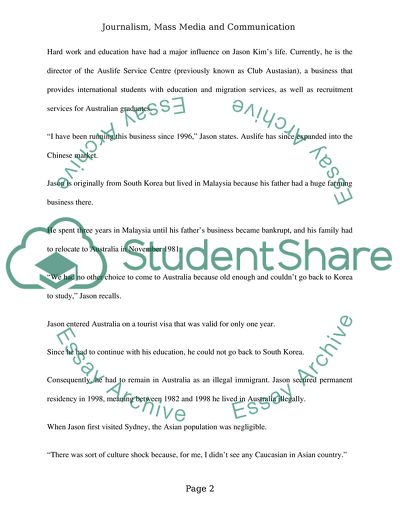Cite this document
(“Character Profile Essay Example | Topics and Well Written Essays - 1250 words - 1”, n.d.)
Retrieved from https://studentshare.org/journalism-communication/1697225-character-profile
Retrieved from https://studentshare.org/journalism-communication/1697225-character-profile
(Character Profile Essay Example | Topics and Well Written Essays - 1250 Words - 1)
https://studentshare.org/journalism-communication/1697225-character-profile.
https://studentshare.org/journalism-communication/1697225-character-profile.
“Character Profile Essay Example | Topics and Well Written Essays - 1250 Words - 1”, n.d. https://studentshare.org/journalism-communication/1697225-character-profile.


